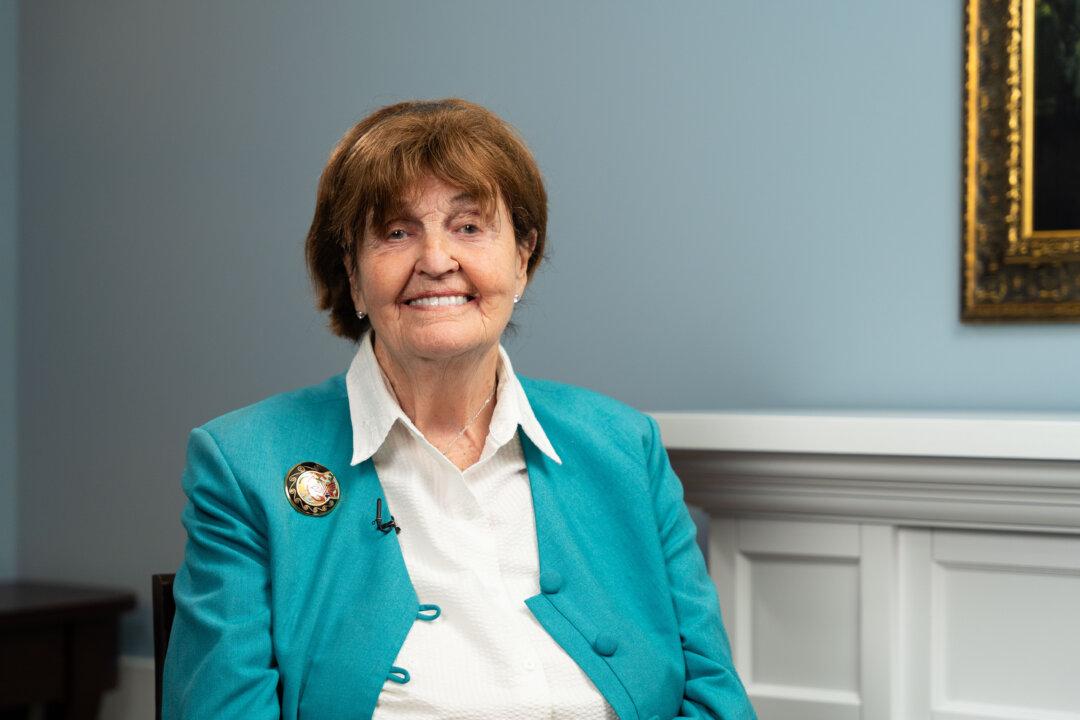When Caroline Cox was appointed to the British House of Lords and granted the title of Baroness Cox, she wanted to use her privilege and role to become “a voice for people whose voices are not heard.”
“I happen to be a Christian, and I think we have a mandate to be associated with people suffering oppression and persecution,” Ms. Cox said in an interview on EpochTV’s “American Thought Leaders.” “That is a great privilege because they’re often heroes and heroines on their front lines of faith.”






